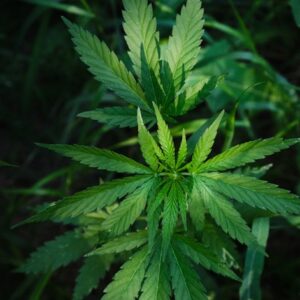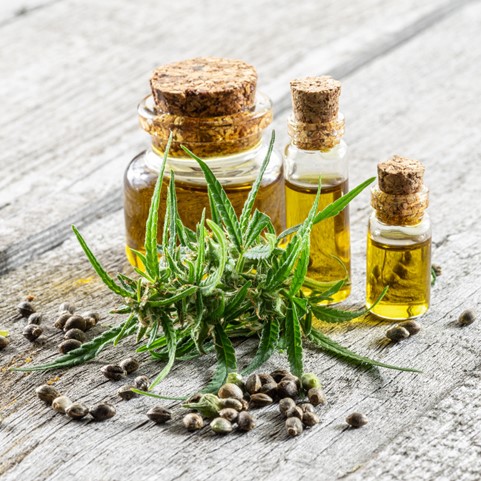Hemp is one of the oldest fabrics known to man, but due to strict legislation prohibiting its production, it has become one of the least common products in the United States. Now, thanks to new federal rulings to allow cannabis production, farmers have begun planting hemp across the nation. Nevertheless, it is still considered a regulated crop, forcing farmers to restrict their businesses.
The problem, though, isn’t necessarily to do with hemp itself. Instead, it comes down to hesitancy on behalf of state legislators to classify CBD and other hemp products. Until the law becomes clearer, many farmers fear that planting hemp could be a waste of resources and an unwanted possible legal hurdle. So, to better understand these regulations, Daniel Fung explores what farmers are facing.
Hemp – Once a Staple Crop, Now a Strictly Regulated Grey Area
There was a time in the United States when farmers were legally mandated to grow hemp. Even George Washington grew the plant at Mount Vernon for use as a fabric. However, as the crop became associated with immigrants and immorality, Congress was quick to outlaw its production in 1937. Since then, it’s been illegal to grow cannabis for any purpose.
This all changed in 2018, though, with the passage of the Farm Bill. Under strict regulations, farmers were once again allowed to plant hemp, regardless of individual state laws. This opened the door for growers around the nation to invest in new products, including CBD oils and fabric production. However, the lack of transparency surrounding the regulations has left farmers in a grey zone.

CBD, Hemp, and the Federal Government
According to federal law, hemp cannot contain more than 0.3% THC—the compound that allows people to use it for getting high. However, the farm bill does not address how much CBD hemp can contain. CBD is a non-psychoactive compound that is still currently listed as a Schedule I narcotic, despite the exceptions made through the Farm Bill.
These exceptions make it clear that CBD products manufactured from hemp, rather than the female parts of the cannabis plant, are legally valid and safe for distribution. However, what’s not clear is how these CBD products will be classified. For now, there’s still debate about whether they should be sold as health supplements, food additives, or something else.
For this reason, farmers are hesitant to start producing CBD products at all, with the foresight that their output could be shelved or even destroyed if improperly marketed. Therefore, the national hemp industry is stuck in a sort of limbo until Congress better explains what these products are for.
This is made even more confusing when considering that around half of the nation has legalized marijuana and cannabis products at the state level. Regardless of this they remain illegal at the federal level. So, for now, it’s safer for farmers to wait.
The Bottom Line
Cannabis has been stuck in a legal grey zone since California first legalized its production in 1996. Although many states have since embraced legalization, the federal government continues to drag its feet on the topic, leaving many farmers wondering whether they actually have the right to grow hemp. Until Congress further expands on the 2018 Farm Bill, the nation’s hemp industry will continue to lag behind.
